The Glory of Ignorance
We ought to be able to go about our lives blissfully ignorant about many things. For example, I was blissfully ignorant about serious home design problems which in Vancouver led to what we called our "condo rot" problems.
I would look at a development and never see the design issues that scream you have to be moron to put this design feature in homes being built in a rain shadow. You would think that the people trained and educated in home design would hear the screams, but they did not and we had serious water seepage design built into many of our new homes in the 90s. We had thousand of home owners that had rot in their building envelope due to water seepage. My new home had rot in 3 years. I was not bless with being able to remain ignorant about key features of home design to prevent water seepage. We had thousands of home owners hit with assessments of $30-60k to fix rot in their relatively new homes. I was fortunate as my assessment was only about $5k and the rot was limited to balconies, not in the building envelope. I was very lucky, the rot had spread to one inch from the building envelope and that $5k bill almost became $20-25k. And with blissful ignorance, we had homeowners in our complex rallying other owners to vote to delay to fix the problem.
You ought to be able to trust the so called experts and remain ignorant. But in Vancouver, being normal cost homeowners millions of dollars in the 1990s and Vancouver was sprinkle with new homes covered in tarps for years.
The same thing ought to be said of understanding investments. You ought to be able to trust a financial adviser, or trust the so called experts. If an investment has a AAA rating you ought to be able to trust that the investment has a high level of safety, as defined by the rating criteria.
A year and a half ago I had never heard of a credit bubble, economic bubble, stagflation, asset inflation, Austrian economics, monetarist, Keynesian, Ponzi, credit swaps, discount window and well today, "Term Auction Facilities." I read this article, but I didn't quite understand it. I would like to remain ignorant about what it is saying, but powerful people have been grossly incompetent at all of our peril and the way you best protect yourself from what they have done is to study it and keep on top of what they are doing.
Powerful people have been doing things to change the "rules" for the past twenty years, things that have gradually built up enormous fundamental problems in the economy. I guess it was about 13 months ago that I was first steered towards looking a fundamental problems in the economy and started assessing how they gave the appearance of getting around the disaster they were creating in the past but were instead increasing the fundamental problems. I started to assess what these problems would mean to me once the problems started to surface.
These are things we ought to remain ignorant about, but unfortunately, we are seeing the consequence of being normal being played out throughout the world. Yukon has $1200/person of tax payers money "frozen." They might get back their 30-day investment over the next 10 years, at par, if they are lucky. Small towns in northern Norway have lost half their municipal savings. A few Australian municipalities are now suing from losing 70% of their municipal funds to AAA rated mortgage bonds. Countless municipalities and counties across the US are finding their liquid, safe, short-term investments are not.
We ought to be able to trust financial advisers and analysts, but their behaviour is more in line with the snake oil swindlers of the past. This article, "Analysts in fantasyland" points out the degree to which they get it wrong.
My conclusions that I came up with around last February was that banking stocks would be a disaster, and I have been encouraging my friends to sell them.
I also concluded that pension funds would be hard hit and most likely our pensions as we believe them to exist do not. By my assessment, a realistic assessment not built on 30 years forwarding of fantasy beliefs, I only pay for about 40% of what my pension promises me. I suspect I shall see even less than what I currently pay for as people who are collecting are collecting 2.5 times what they paid for and I am 19 years down the pyramid. Most people live in this glory of ignorance and so we continue with this ponzi pyramid scheme of pensions.
I know nothing of US law, but interesting, in my assessment, our pension systems are in gross violation of Canadian pyramid laws.
What is further interesting is that I come up with that we are currently only paying for 40% of the promise, yet the "experts" say that those currently collecting will get about 1.25 times what they paid and they say my age group will break even and that those in their 20s will get about 0.8 of what they've paid in. That 1.25 figure leaves me absolutely dumbstruck as to how they came up with it. It is based on what is being paid out now and this figure can be calculated and it is beyond me how they came up with such nonsense.
I did not foresee the degree to which local governments are being hit. Every hit they take means we pay the taxes twice.
We ought to be able to remain ignorant about things that ought to not concern us.
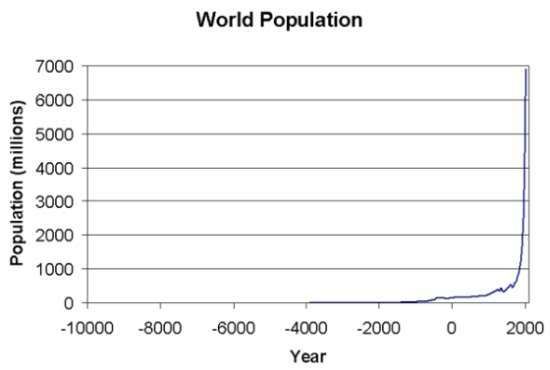
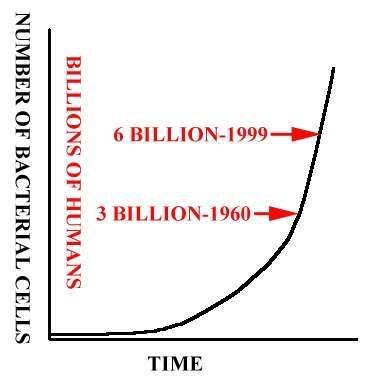

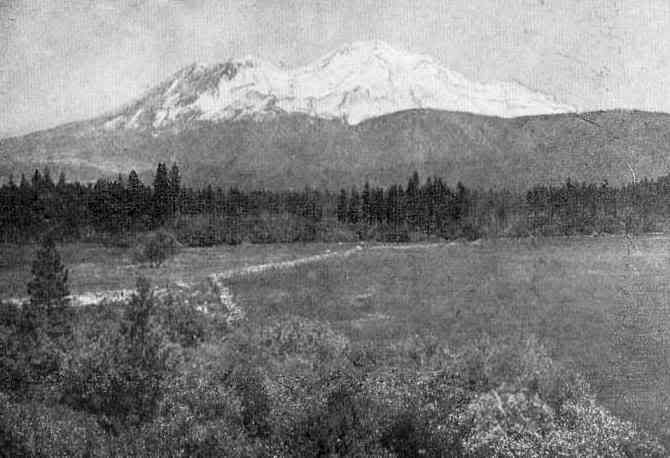
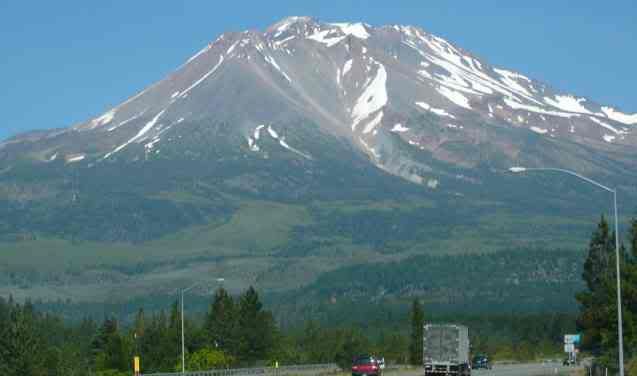
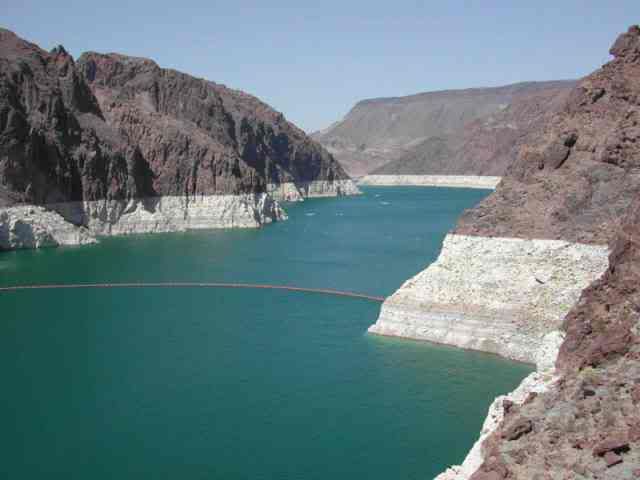
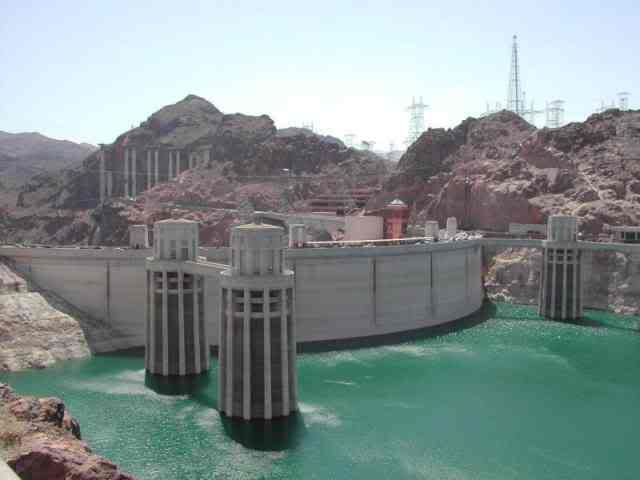
![[Most Recent Quotes from www.kitco.com]](http://www.kitconet.com/charts/metals/base/spot-aluminum-5y.gif)
![[Most Recent Quotes from www.kitco.com]](http://www.kitconet.com/charts/metals/base/spot-copper-5y.gif)
![[Most Recent Quotes from www.kitco.com]](http://www.kitconet.com/charts/metals/base/spot-nickel-5y.gif)
